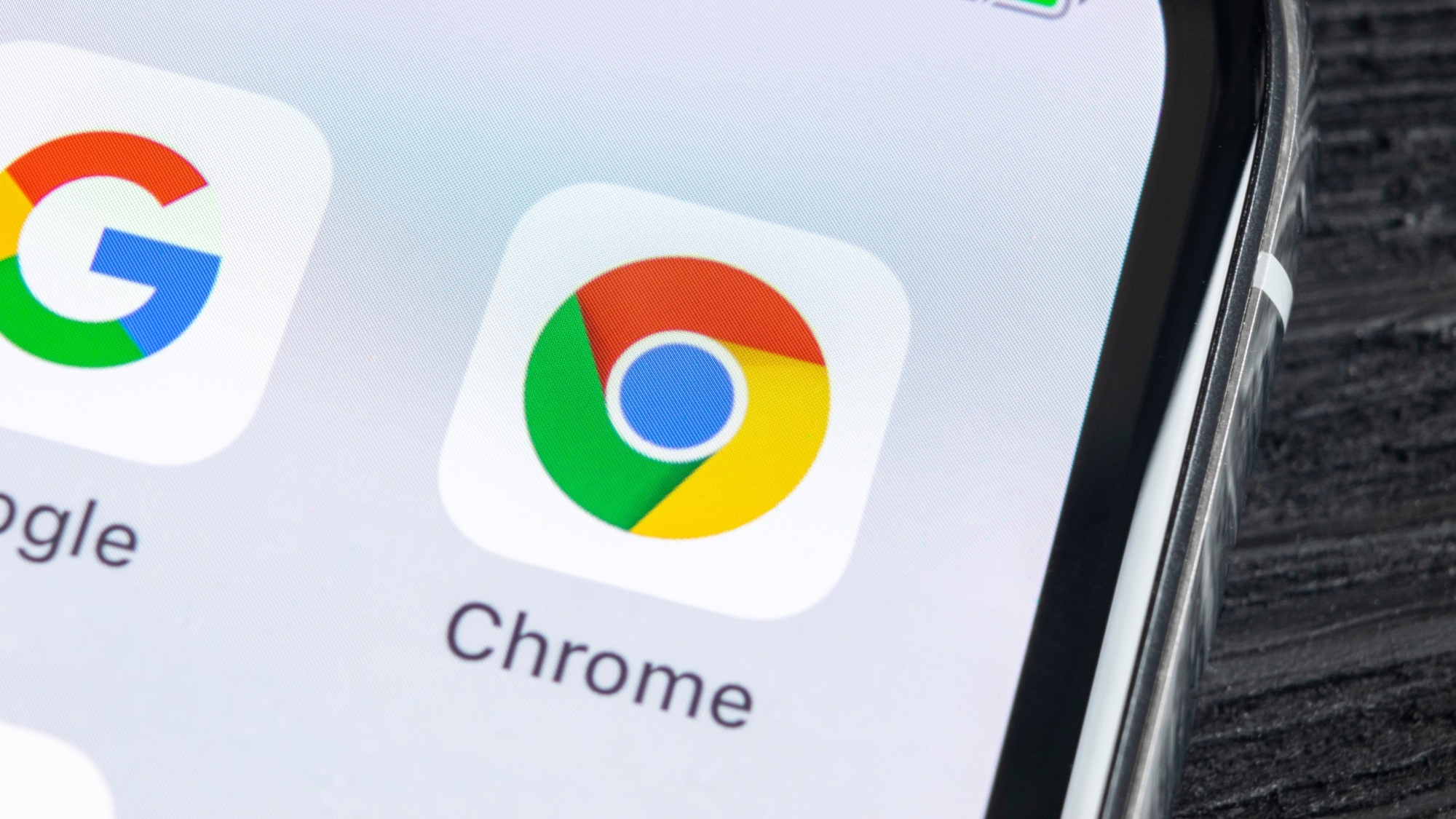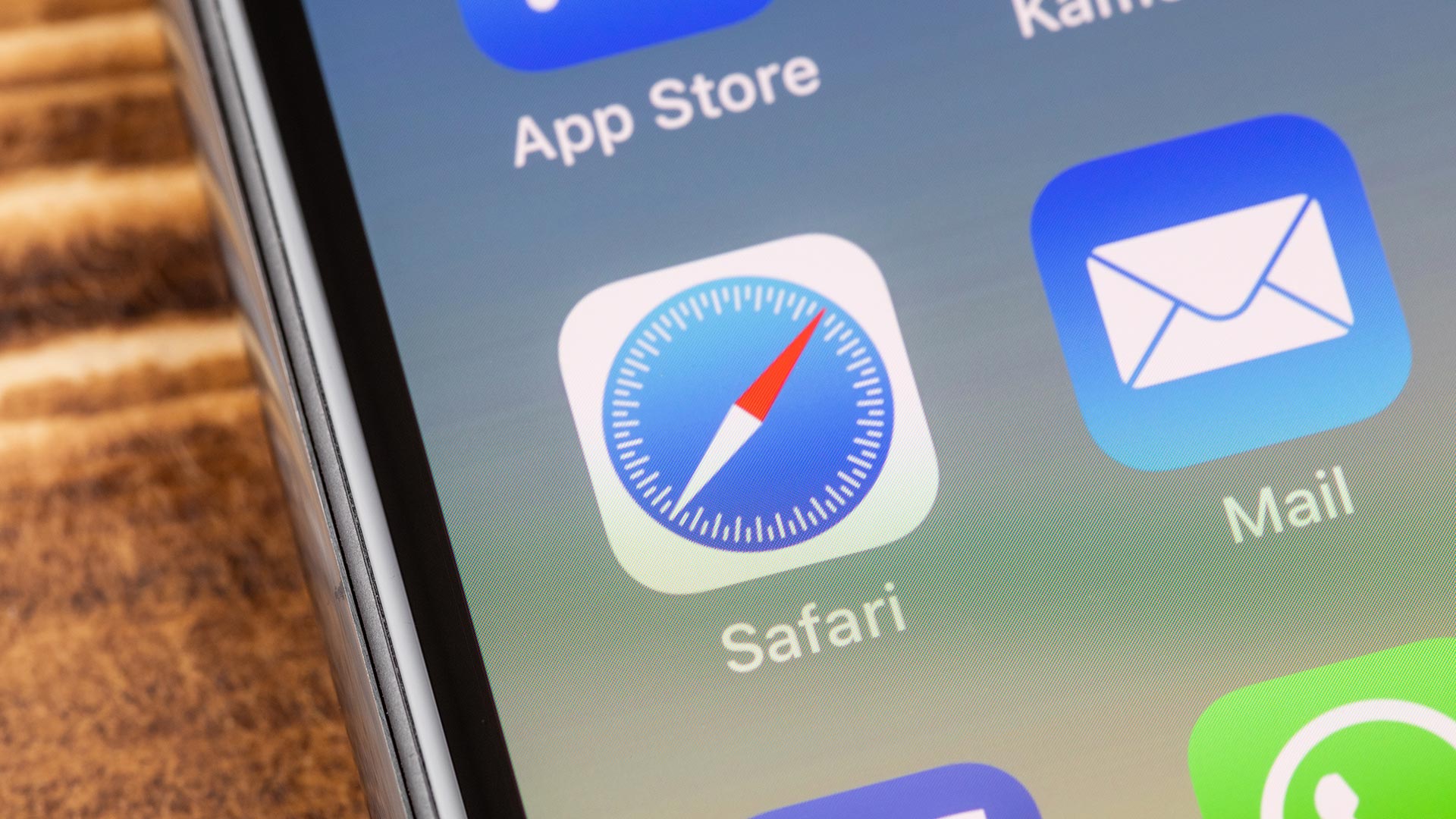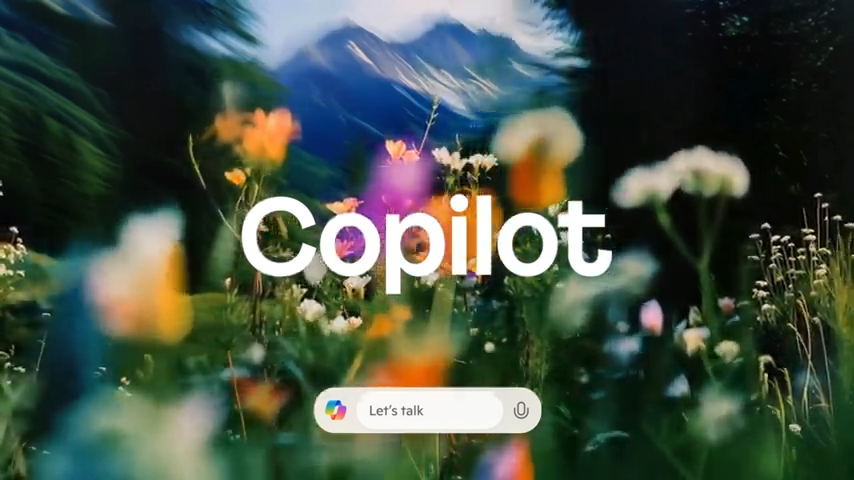Apple tells over a billion iPhone users to stop using Chrome — here’s Google’s response
Apple's latest attack ad sets its sights on Chrome

Here at Tom’s Guide our expert editors are committed to bringing you the best news, reviews and guides to help you stay informed and ahead of the curve!
You are now subscribed
Your newsletter sign-up was successful
Want to add more newsletters?

Daily (Mon-Sun)
Tom's Guide Daily
Sign up to get the latest updates on all of your favorite content! From cutting-edge tech news and the hottest streaming buzz to unbeatable deals on the best products and in-depth reviews, we’ve got you covered.

Weekly on Thursday
Tom's AI Guide
Be AI savvy with your weekly newsletter summing up all the biggest AI news you need to know. Plus, analysis from our AI editor and tips on how to use the latest AI tools!

Weekly on Friday
Tom's iGuide
Unlock the vast world of Apple news straight to your inbox. With coverage on everything from exciting product launches to essential software updates, this is your go-to source for the latest updates on all the best Apple content.

Weekly on Monday
Tom's Streaming Guide
Our weekly newsletter is expertly crafted to immerse you in the world of streaming. Stay updated on the latest releases and our top recommendations across your favorite streaming platforms.
Join the club
Get full access to premium articles, exclusive features and a growing list of member rewards.
When it comes to using an iPhone, there are several browsers to choose from but the vast majority flock to either Chrome or Safari. It’s a competition that has heated up in the midst of a complicated relationship between Apple and Google.
Well, Apple’s latest scary attack ad is not going to make that relationship any less complicated. While it doesn’t overtly tell people to stop using Chrome, it is a rather blatant shot at Google’s browser for the ton of tracking cookies it uses — claiming that Safari is “a browser that’s actually private.”
Why now?
Currently, 30% of iPhone users are running Chrome as its default browser, and Google wants to up this to 50%, according to a report from The Information. That would equate to another 300 million iOS devices, and in a time when keeping people loyal to apps is the most direct path to revenue, Apple does not want to lose this majority grip on iPhone browser usage.
So the company seems to have hatched a plan to prey on the two key problems with using its competition:
- Chrome’s hunger for tracking cookies: You’ve seen it all across the internet — those pop ups that ask whether you accept third-party cookies. Once you go into the privacy settings of Chrome, you’ll probably be stunned by the many thousands of sites tracking your whereabouts on the internet. Even worse, they look set to be around until 2025 according toGoogle's Privacy Sandbox report.
- Incognito mode is not private: This is one of a few different features of Chrome where the Mountain View company has said it cares about privacy, but its actions are a little different. For example, Google promises security in its Incognito Mode, but then had to admit this privacy shield isn’t really that private in a $5 billion class-action lawsuit.
These are things that Safari stomps out from the get-go — including preventing cross-site tracking by default, and hiding your IP address (provided you have an iCloud+ account on the latter). That makes this fertile ground for Apple to advertise on and drum up fears about its main competition.
Google's response
We reached out to Google for a response to this latest ad campaign, and the response doesn't necessarily answer the issues rather bluntly hinted at here by Apple.
A Google spokesperson told Tom's Guide that: "Chrome is built with the goal of keeping your data safe by default and ensuring users can control when and how their data is used in Chrome to personalize their web browsing experience. We believe users should always be in control, which is why we've built easy to use privacy and security settings directly into Chrome."
Get instant access to breaking news, the hottest reviews, great deals and helpful tips.
Will people actually ditch Chrome?

The browser war on iPhone is very much Apple’s to lose rather than Google’s to win, and the Cupertino crew are going in hard on the weak spot of Chrome here. And from the perspective of someone who used to work in advertising, this dystopian setup is a rather effective way of getting the message across.
Current Chrome users won’t necessarily be blind to these cookies, but may have come to terms with them and the subsequent risk. However, new iPhone users and those who weren’t necessarily aware of just how much is learned about you through Chrome browsing activity may scare them into switching.
We will be following up with Google to get their comment and reaching out to security experts for more context. Stay tuned.

Jason brings a decade of tech and gaming journalism experience to his role as a Managing Editor of Computing at Tom's Guide. He has previously written for Laptop Mag, Tom's Hardware, Kotaku, Stuff and BBC Science Focus. In his spare time, you'll find Jason looking for good dogs to pet or thinking about eating pizza if he isn't already.
 Club Benefits
Club Benefits




















